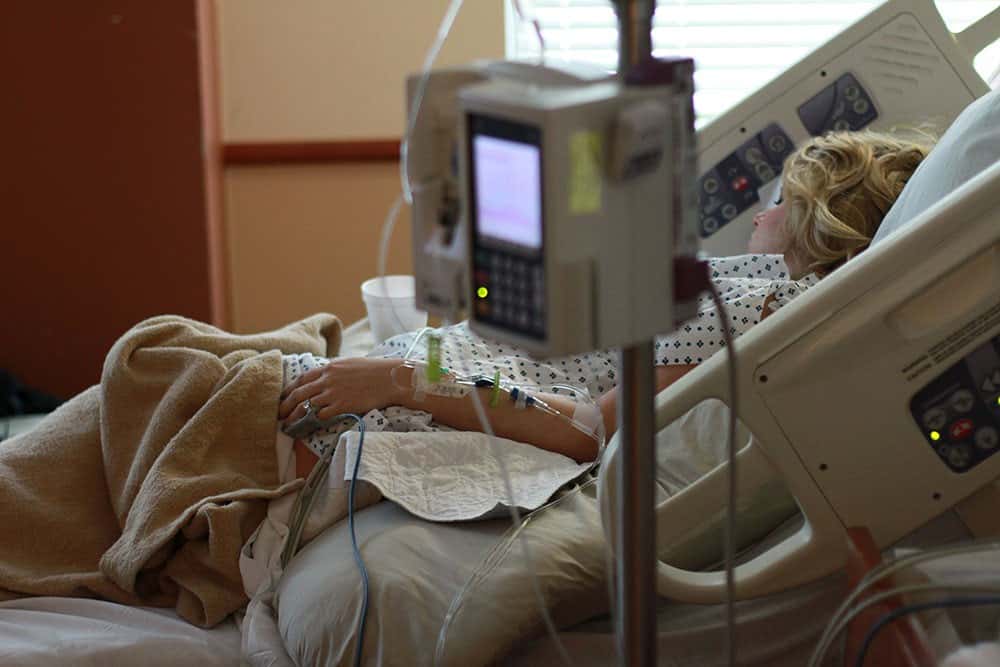NHS report shows thousands of bed blocking incidences occur due to people waiting for community equipment
New figures revealed by NHS England show the number of reported delayed transfer of care (DTOC) incidences across NHS organisations between November 2017 and November 2018.
Overall, there were 137,436 DTOCs in the one-year period, with almost 89,500 being acute and nearly 48,000 being non-acute. Of this, 41,246 incidences were attributable to social care, while more than double (85,045,) were attributable to NHS trusts.
According to the NHS, a DTOC – also known as bed blocking – occurs when a patient is ready to depart from acute or non-acute care but is still occupying a bed. Bed blocking can happen for a wide range of reasons, including waiting to be placed in residential care, waiting for community equipment and waiting for assessment completion.
At the beginning of October 2018, the Department of Health and Social Care announced a £240 million investment into the NHS to help ease pressure off the Health Service during winter and reduce the number of incidences of DTOC.
During the one-year period, almost 4,000 people experienced a delayed transfer of care due to waiting for community equipment or an adaptation.
On top of this, over 14,000 people were awaiting assessment completion, while just under 30,000 people were awaiting a care package in their own home.
Moreover, close to 40,000 people were awaiting some form of home placement or availability (either residential or nursing).
https://thiis.co.uk/nhs-report-shows-thousands-of-bed-blocking-incidences-occur-due-to-people-waiting-for-community-equipment/https://thiis.co.uk/wp-content/uploads/2018/11/BHTA-bed-blocking.jpghttps://thiis.co.uk/wp-content/uploads/2018/11/BHTA-bed-blocking-150x150.jpgNewsroomNHSReports & Researchbed blocking,community equipment,delayed transfer of care,Department of Health and Social Care,DTOC,healthcare sector,NHS,NHS England,NHS statistics,social careNew figures revealed by NHS England show the number of reported delayed transfer of care (DTOC) incidences across NHS organisations between November 2017 and November 2018. Overall, there were 137,436 DTOCs in the one-year period, with almost 89,500 being acute and nearly 48,000 being non-acute. Of this, 41,246 incidences were...Sarah SarsbySarah Sarsbysarah@thiis.co.ukEditorTHIIS Magazine


